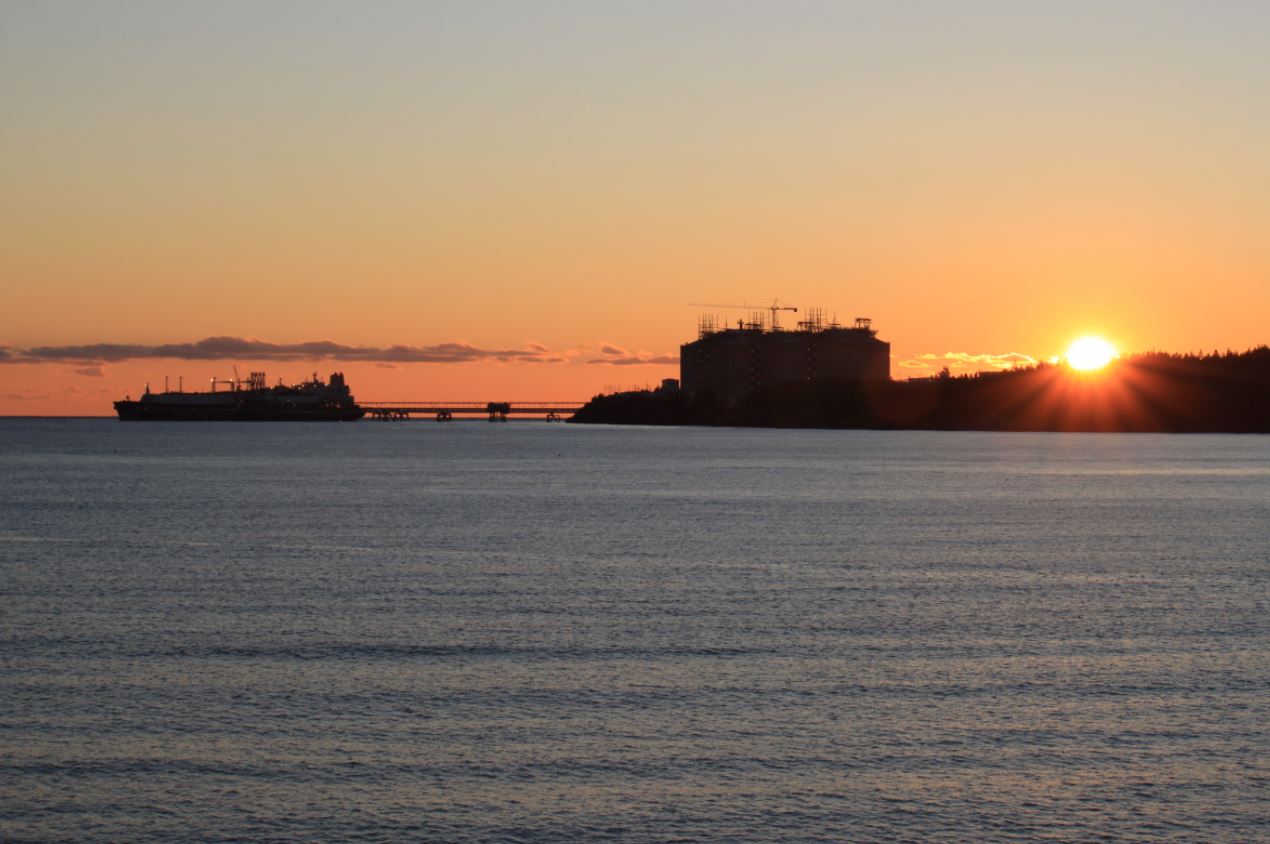Spanish energy firm Repsol has confirmed that it is in negotiations to add liquefaction units at its existing Saint John LNG import terminal in Canada and ship the fuel to Europe.
The Spanish firm is now the sole owner of Saint John LNG, previously known as Canaport LNG, after it purchased Irving Oil’s stake in the plant.
Launched in 2009, the facility has a maximum send-out capacity of 1.2 billion cubic feet or 28 million cubic meters of natural gas per day. It also has three storage tanks with each having a capacity of 3.3 billion cubic feet.
European LNG demand
Repsol had previously planned to convert the facility to export LNG but the plan did not proceed due to a lack of interest from offtakers and investors.
However, things have now changed as European countries look to fast-track LNG imports in order to slash reliance on Russian pipeline gas.
There have been several reports during the last couple of months that Repsol was in talks with the Canadian government.
The Canadian authorities have shown interest in developing an LNG export project on the country’s east coast to supply Europe, considering very feasible the possibility of adding liquefaction capacity to Saint John LNG.
Repsol’s CEO Josu Jon Imaz confirmed this during the company’s second quarter earnings call held last week.
“It is true because we have recently met with authorities, and there is an interest about Canaport in some European countries, Germany, even Canada as a provider, a potential provider of gas towards Europe in the context of the war we are suffering,” Imaz told analysts during the call.
He said that the Saint John LNG plant was part of the bilateral talks held during the NATO summit in Spain at the end of June.
“Not an easy game”
Repsol is not looking to convert the import facility. Instead, it would look into adding liquefaction capability to the plant “having the dual regasification plus liquefaction unit,” the CEO said.
“Secondly, it probably makes sense from a geopolitical point of view, taking into account the situation in Europe that what is crucial and important is, first of all, to have clearly an offtaker that is going to commit to buy this gas in coming 15, 20 years. That is needed to go ahead in such a project,” Imaz said.
“It is not easy to guarantee that the gas from Alberta is going to arrive to Atlantic Coast. I mean, it’s not a large infrastructure because main part of it is there.. Some taller framework is going to be needed to have a competitive gas in the Atlantic Coast and so on,” he said.
“So I’m talking about things that are not in our hands, but it could be possible in the framework of the energy crisis we are seeing,” Imaz said.
“But again, I want to put on the table that is not an easy game, that there are a lot of difficulties to arrive to this scenario I was describing,” he added.

